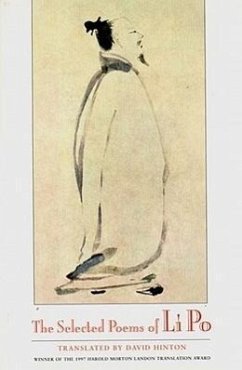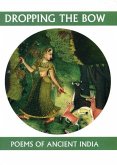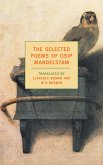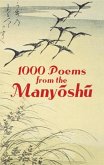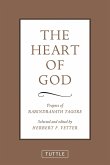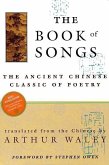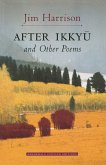Li Po (A.D. 701-762) lived in T'ang Dynasty China, but his influence has spanned the centuries: the pure lyricism of his poems has awed readers in China and Japan for over a millennium, and through Ezra Pound's translations, Li Po became central to the modernist revolution in the West. His work is suffused with Taoism and Ch'an (Zen) Buddhism, but these seem not so much spiritual influences as the inborn form of his life. There is a set-phrase in Chinese referring to the phenomenon of Li Po: "Winds of the immortals, bones of the Tao". He moved through this world with an unearthly freedom from attachment, and at the same time belonged profoundly to the earth and its process of change. However ethereal in spirit, his poems remain grounded in the everyday experience we all share. He wrote 1200 years ago, half a world away, but in his poems we see our world transformed.
There is a set-phrase in Chinese referring to the phenomenon of Li Po: "Winds of the immortals, bones of the Tao." He moved through this world with an unearthly freedom from attachment, and at the same time belonged profoundly to the earth and its process of change. However ethereal in spirit, his poems remain grounded in the everyday experience we all share. He wrote 1200 years ago, half a world away, but in his poems we see our world transformed. Legendary friends in eighth-century T'ang China, Li Po and Tu Fu are traditionally celebrated as the two greatest poets in the Chinese canon. David Hinton's translation of Li Po's poems is no less an achievement than his critically acclaimed The Selected Poems of Tu Fu, also published by New Directions. By reflecting the ambiguity and density of the original, Hinton continues to create compelling English poems that alter our conception of Chinese poetry.
Hinweis: Dieser Artikel kann nur an eine deutsche Lieferadresse ausgeliefert werden.
There is a set-phrase in Chinese referring to the phenomenon of Li Po: "Winds of the immortals, bones of the Tao." He moved through this world with an unearthly freedom from attachment, and at the same time belonged profoundly to the earth and its process of change. However ethereal in spirit, his poems remain grounded in the everyday experience we all share. He wrote 1200 years ago, half a world away, but in his poems we see our world transformed. Legendary friends in eighth-century T'ang China, Li Po and Tu Fu are traditionally celebrated as the two greatest poets in the Chinese canon. David Hinton's translation of Li Po's poems is no less an achievement than his critically acclaimed The Selected Poems of Tu Fu, also published by New Directions. By reflecting the ambiguity and density of the original, Hinton continues to create compelling English poems that alter our conception of Chinese poetry.
Hinweis: Dieser Artikel kann nur an eine deutsche Lieferadresse ausgeliefert werden.

